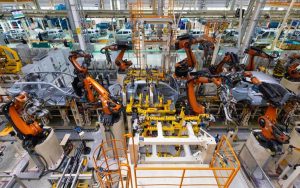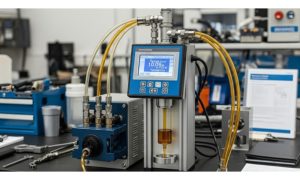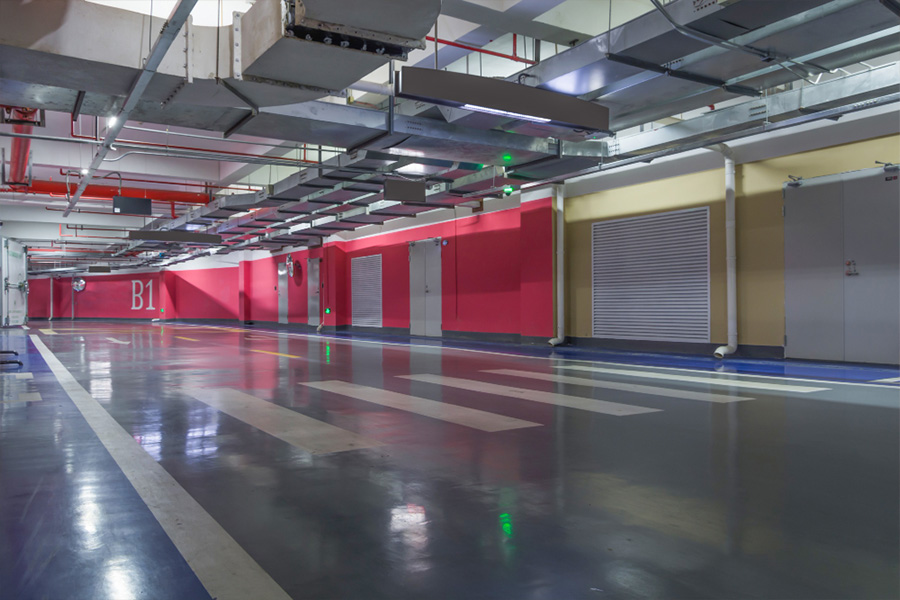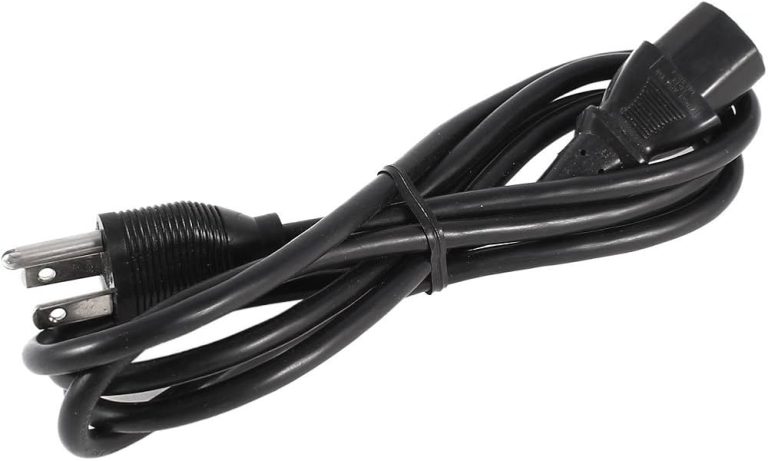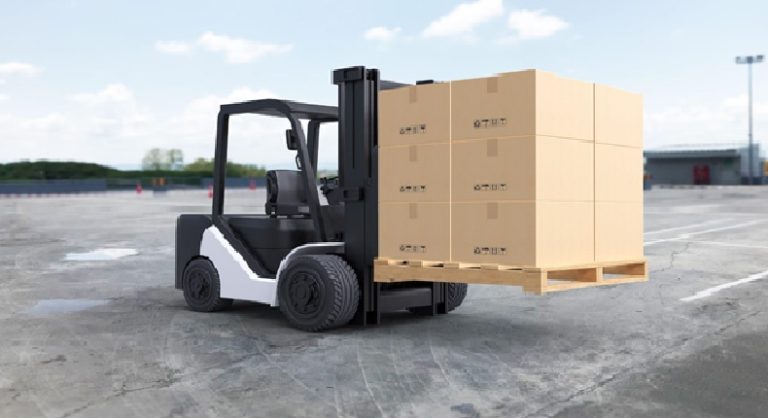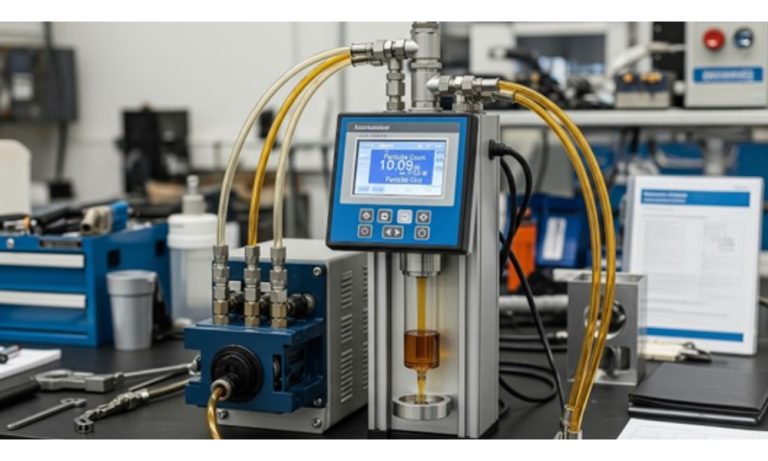Your industrial flooring works hard every day. From supporting heavy machinery and high foot traffic to withstanding spills, impact, and fluctuating temperatures, it plays a vital role in your facility’s safety and efficiency. But like any part of your infrastructure, it won’t last forever.
Knowing when to replace your industrial flooring can save your business money, reduce downtime, and protect employees. In this post, we’ll highlight five key signs that your floor might be due for an upgrade—and what to do about it.
1. Visible Cracks and Surface Damage
Hairline cracks might seem minor at first, but they can quickly develop into serious structural problems. Chips, holes, and flaking surfaces not only make the floor look unprofessional—they can also become trip hazards and interfere with machinery.
Over time, small imperfections can spread, especially in areas with high traffic or constant pressure. If patching no longer helps, it’s likely time to consider a full replacement.
2. Slippery or Uneven Surfaces
Industrial environments rely on safe, non-slip surfaces to reduce accidents and maintain compliance with health and safety regulations. If your floor has lost its texture or shows signs of warping, it’s not just inconvenient—it’s dangerous.
Changes in surface texture can happen due to wear or chemical exposure. A slick floor, especially in areas prone to moisture or spills, increases the risk of slips and falls. Uneven surfaces can also damage equipment like forklifts or carts.
3. Staining and Discoloration
A stained floor might not always seem like a major concern, but persistent discoloration can indicate deeper issues. If chemicals, oil, or water are seeping into the floor and causing lasting stains, this could suggest a breakdown in the floor’s protective coating.
Discoloration may also reflect aging materials that are no longer performing as they should. In clean-critical industries like food production or pharmaceuticals, this can also impact compliance.
4. Frequent Repairs and Downtime
If you find yourself constantly repairing your floor—filling cracks, reapplying coatings, or grinding down rough spots—it’s probably not worth the time or money anymore. Temporary fixes might buy you a little time, but recurring problems are a sign the system is failing.
Repeated repairs can lead to frequent downtime, disrupting your operations and affecting productivity. Replacing the floor might be the more cost-effective and reliable solution in the long run.
5. Flooring No Longer Meets Your Needs
Your business evolves, and so do your facility’s requirements. Maybe your operation has expanded, or you’re working with new materials that are harsher on the surface. What worked a few years ago may no longer be suitable for your current workflow.
Whether you’re handling heavier loads, facing stricter safety standards, or simply needing a more durable finish, it might be time to upgrade your flooring system.
Plan Your Upgrade with the Right Team
If you recognize any of these warning signs in your facility, it may be time to invest in a new flooring solution. For reliable service, expert advice, and high-performance systems, turn to PSR Industrial Flooring Ltd. As a leading provider of industrial flooring UK, PSR offers tailored installations to meet your exact needs, budget, and schedule.
Their team handles everything—from surface preparation and installation to long-term maintenance—ensuring minimal disruption and maximum value.
Conclusion
Your floor is more than just a surface—it’s the foundation of your entire operation. Ignoring signs of wear can lead to safety risks, rising costs, and operational delays. If your flooring is showing its age, don’t wait until it becomes a problem. Invest in a solution that will support your business for years to come.
Let PSR Industrial Flooring Ltd help you make the right move toward a safer, stronger workspace.

